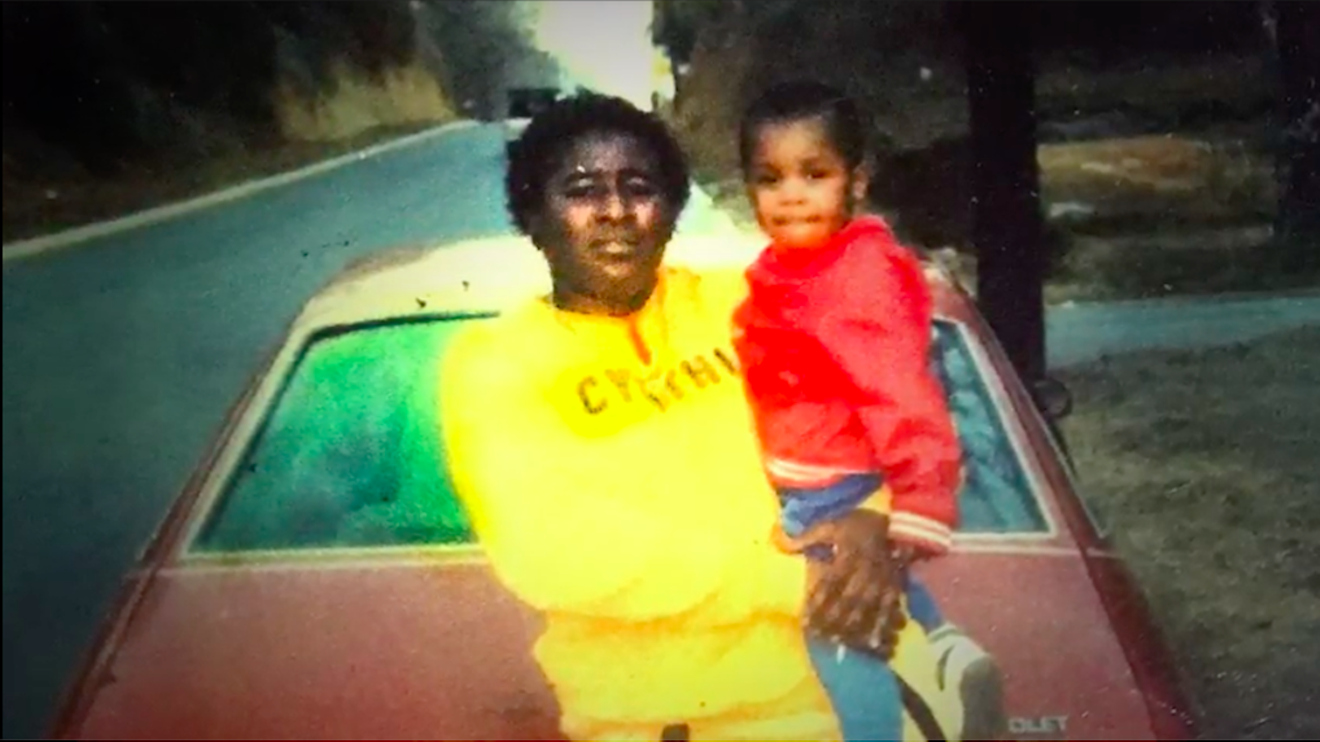But Powell didn't know the woman was a confidential informant for the Sunrise Police Department's vice unit — and she had no idea how severely the courts would come down on her over the $300 worth of Lorcet she sold. Powell was arrested in the Starbucks parking lot where the deal went down and later sentenced to 25 years in prison, the mandatory minimum at the time for anyone caught with more than 28 grams of opioids.
In 2012, amid backlash over spiking prison populations from nonviolent drug offenders, state legislators reduced the maximum penalty to 15 years. But that hasn't helped Powell. The 56-year-old is still in jail, where she has been for the past 15 years.
An amendment on the ballot this November could change that. Amendment 11 would allow Florida's Legislature to make changes to criminal statutes retroactive — meaning those with harsh mandatory minimum sentences like Powell's could get a reduced sentence when the laws change. Backers of the measure, including civil liberties groups like the ACLU, say it could seriously reduce Florida's prison population, the third largest in the nation.
But not everyone is
What
Previously, that burden was on defendants who wanted to
Civil liberties activists, though, argue that changing Florida's rules on criminal sentencing is vital. Florida is the only state in the nation whose constitution specifies that a sentence handed down in court cannot be changed later if lawmakers change the mandatory sentences for that crime. If you were sentenced to death last week, and next week the death penalty is abolished, you'd still be executed under Florida's strict rules.
That has led to striking disparities in sentences, critics say. For instance, anyone convicted of possessing 14 to 28 grams of opioids on June 30, 2014, faced a mandatory minimum of 15 years in prison. Starting July 1, 2014, that mandatory minimum was reduced to just three years.
Amendment 11 would amend Florida's "Savings Clause," giving the Legislature the authority to apply sentencing reforms retroactively.
Thousands of prisoners could be affected by the change. There are 97,794 people imprisoned in Florida today. It costs about $20,000 a year to keep one person imprisoned in the Sunshine State, meaning Florida taxpayers are spending over $2 billion annually to keep nearly a million people locked up.
Beyond the NRA-backed Stand Your Ground change, though, critics say there's another reason to be wary of Amendment 11: It's confusingly worded and lumps in two other, totally unrelated proposals. The amendment would also repeal the "Alien Land Law," a provision originally passed in 1926 to deter Asian immigrants from buying land in the state. Though the provision isn't enforced, Florida's the only state left with a law barring aliens ineligible for citizenship from buying, owning, or selling property.
Amendment 11 would also delete language from the state constitution relating to a high-speed rail system that Florida voters already voted to get rid of back in 2004.
Backers say that despite any confusion or concerns over Stand Your Ground, the core change in Amendment 11 is worth voting for. The savings clause repeal was originally authored by Sen. Darryl Rouson, a Democrat from St. Petersburg, but it has bipartisan support from some Republicans who favor criminal justice reform including Sen. Jeff Brandes, a Republican from St. Petersburg. Brandes told the Florida Times-Union he would work with Rouson to get the savings clause repeal back on the ballot in 2020 if it doesn't pass in November.
They say the Amendment would fix cases like Powell's, which are far from unusual in Florida. Last year, two reporters from Reason reviewed the cases of more than 2,000 Florida inmates serving sentences like Powell's for trafficking oxycodone or hydrocodone. Although Florida legislators originally passed harsh mandatory minimum sentences to target big-time drug traffickers, Reason found that 63 percent of those currently imprisoned on pill trafficking charges are first-time offenders like
And it's not uncommon for Florida's mandatory minimums to ensnare people like Powell who are not actually drug traffickers.
William Forrester became addicted to pain medication after he had his lung removed due to cancer in 2002. When his doctors tried to taper off his morphine prescription, Forrester begged them to increase his oxycodone levels, but they refused. So Forrester used a fake prescription to get more oxycodone from a pharmacy. His pharmacist was suspicious and called the police, who arrested Forrester and charged him with trafficking oxycodone, although Forrester never intended to sell the pills, court transcripts show.
In 2009, Forrester was given the mandatory minimum sentence: 15 years. The judge expressed frustration with the sentence at Forrester's sentencing hearing. "My hands are tied by the law," he said. "The Legislature has said for this particular crime, we prescribe a fixed sentence. It doesn't give me A, B, or C. I've only got A."
Had Forrester, now 60, been sentenced five years later, he would already be out of prison. Should Amendment 11 pass this November, Forrester, Powell, and thousands of others like them will have a chance to get their sentences reduced.












